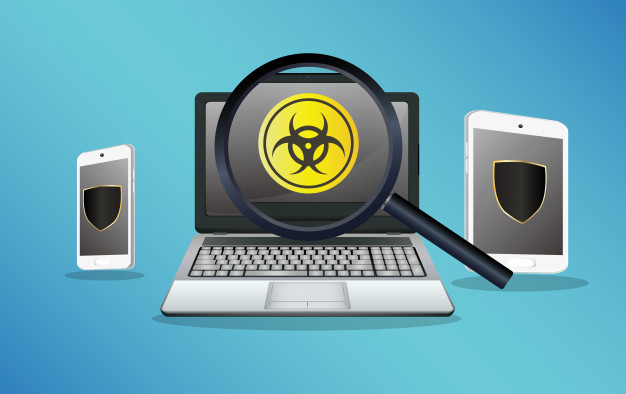Scan your Website for Malware and Viruses
All SMBs need to know how to scan websites for malware and other vulnerabilities. Quite bluntly, there are now too many potential threats out there to take a risk on this. Here is a scan website for malware quick guide to help.
Scan Website for Malware and Vulnerabilities
In theory, you have the choice between scanning a website on an ad hoc basis and scanning it continually. In practice, this is not a choice. The free scanners you can use ad hoc may be fine for hobby websites, but if you're depending on a website for your income then they are nowhere near enough.
Also, while a lot of the free ad hoc scanners are backed by reputable cybersecurity companies, some aren't. It's far from uncommon for criminals to trap people into handing over their details by promising some kind of security benefit. As always, make sure you do your research before you hand over your website's URL.
Although the free services aren't practical as your main solution, they can be a useful way of trialing a service you might want to use on a paid basis to scan your website for malware and other vulnerabilities. Here are some points to check before parting with your cash.

4 Key Points to Scan Website for Malware before Parting with your Cash?
1. How easy is the service to use?
SMBs typically do not have a lot of internal resources, especially not IT resources. This means that they tend to benefit greatly from straightforward, intuitive interfaces that deliver results in a format they can easily understand. The more complicated service is, the less likely it is that the average SMB will use it to its maximum capability.
2. How wide and how deep can it scan?
To be effective, a website vulnerability scanner needs to be able to cope with a huge range of threats, and that list of threats is growing all the time. Not only that, but malware creators are constantly building upon the capabilities of existing threats, so your scanner has to dig well below the surface to make the correct identification and hence determine the correct remedy. This means that effective anti-malware scanners operate with both width and depth - and are constantly updated to keep them on top of emerging threats.
The need for continual updates gives cloud-based products a clear edge. They are updated as soon as the vendor deploys a patch on their server. There's no need to wait for the length of time it takes to download and install it locally. This may not sound like much but when you consider how often an anti-malware scanner is updated, it does add up to a meaningful difference. What's more, the vendor's servers take care of the storage and processing load. This significantly lightens the burden on local devices.
3. What approach does it take to scan?
Does it perform each scan in isolation (in silos) or does it use the results of scans to inform other scans (holistic scanning)? The latter is generally very much preferable to the former. Looking at scans in their overall context can go a long way to minimizing false-positives and thus avoid frustration and wasted resources.
4. What can it scan?
When it comes to anti-malware scanners, it can be tempting to get into the habit of looking at what threats they can detect rather than thinking about what they can scan. This is completely understandable, but it's still important to check that it will be able to support your particular website implementation. Here are three areas you want to investigate.
Mobile
If you're serving up different websites to desktop and mobile users then you need to be able to scan both websites for malware and other vulnerabilities.
CRMs
In addition to making sure that your scanner supports the CRM you already use (or intend to use), it's a good idea to see if it can support other CRMs in case you want to switch in the future.
NB: remember that website vulnerability scanners work on the assumption that you are up-to-date on your patches for your CRM and any third-party extensions you use. They will not protect you from vulnerabilities to which you are only exposed because you haven't updated your software.
Web technologies
You may still find a few websites that only use plain-vanilla HTML, but they're probably few and far between these days, especially in the world of business. Look to see what web technologies your scanner can support. The more it offers, the more you can do with your website, and the more likely it is that it will stay ahead of the curve as new web technologies emerge in the future.
Please click here now to have your website scanned, for free, by cWatch from Comodo.





